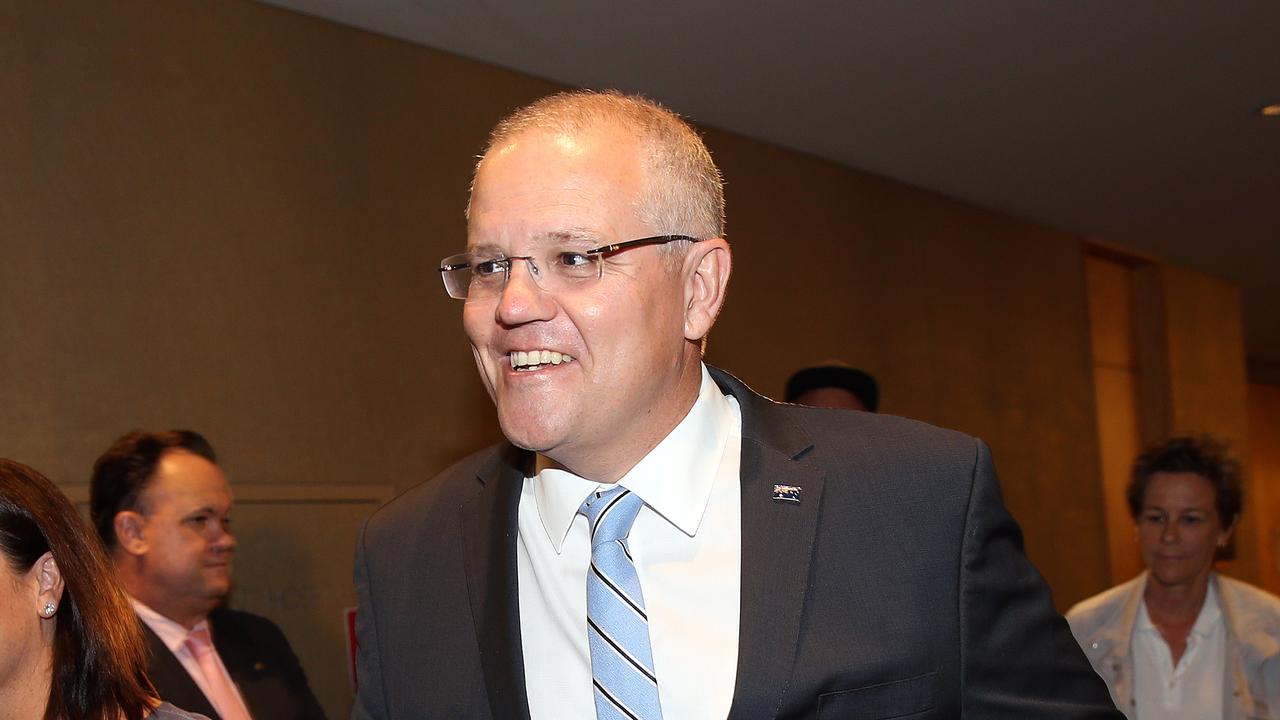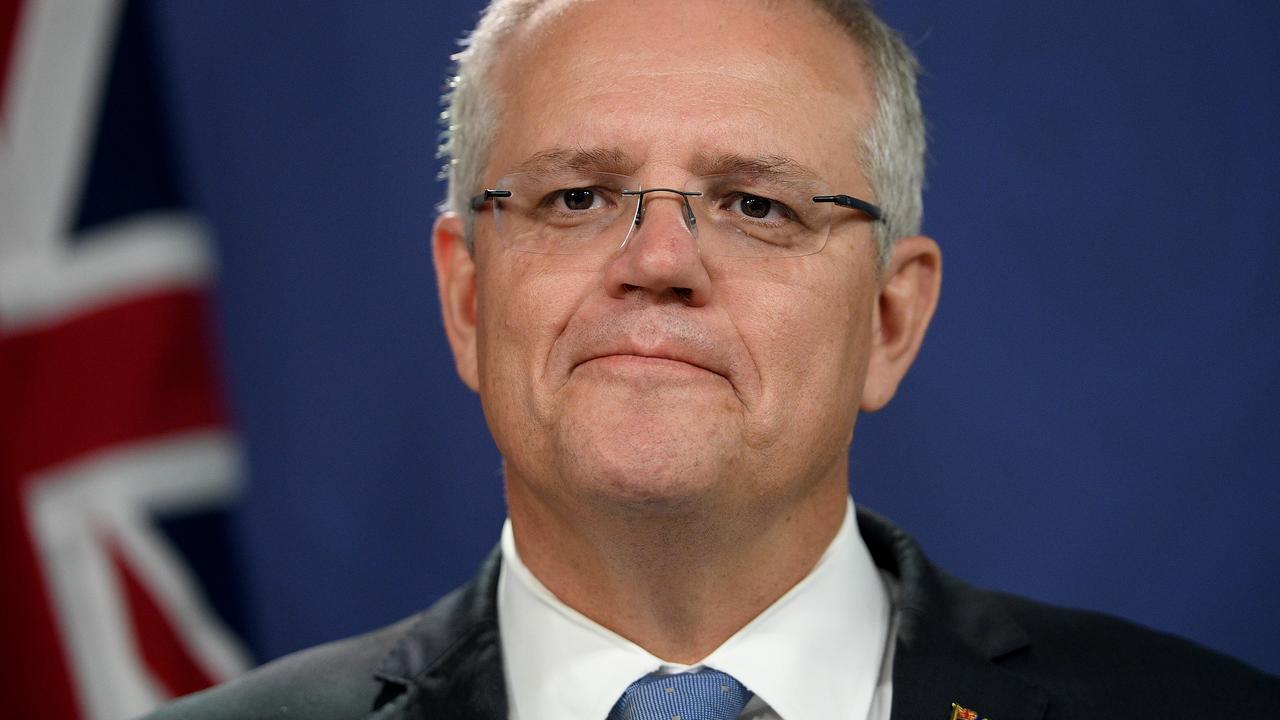11.58am on Thursday, June 21, 2018, could be the moment when the next election was won.
That was the moment the Senate passed the Coalition’s $144 billion 10-year personal income tax cut and reform package in the face of Labor-Green opposition and Bill Shorten’s pledge to repeal the tax cuts for the top income earners.
How workers respond to the tax cuts on offer and how many are in key electorates will decide whether Labor’s bigger, immediate appeal to more (low income) voters or the Coalition’s offer of longer-term, broader tax cuts prevail and deliver electoral victory.
Either way, the choice of the two tax packages, now in full view and open for assessment, will decide the election and influence the by-elections next month. That moment could be mean Labor won or lost the election.
The Coalition’s morale, political momentum and confidence surged as Pauline Hanson — without debate or justification in Senate — delivered the all-or-nothing tax package that begins with modest tax relief for low-to-middle income earners from July 1 and builds to huge benefits for those on incomes between $120,000 and $200,000.
Malcolm Turnbull has taken square aim at “hard-working Middle Australia” while the Opposition Leader offers nothing for the top income earners but “double” for those on incomes of less than $95,000.
As he looked down the barrel of the television cameras, flush with victory and flanked by his financial ministers, the Prime Minister declared: “Today is a great day for hard-working Australian families. Because of our comprehensive personal income tax reform, they will be able to keep more of the money they earn.’’
Turning Labor’s class warfare against itself Turnbull accused the ALP of “selling out” workers who “dream and aspire” to “get ahead” while Scott Morrison accused Labor of the “politics of envy”.
“Getting ahead” already sounds like an election slogan as the government sits pretty with its tax cuts in hand — admittedly modest from July 1 at just over $2 for up to three million workers — as it campaigns for the five Super Saturday by-elections on July 28.
Turnbull was confident and buoyant on the back of Mathias Cormann’s Senate deal, feeling the Coalition has a real chance of winning back the Labor seats of Longman in Queensland and Braddon in Tasmania with an immediate appeal to low-income earners and the claim Labor opposes tax cuts for all.
If the by-elections go against Shorten it will be a precursor to the loss of an “unlosable” election that could cost him his leadership and split the ALP.
Labor’s big risk to oppose the final two stages of the tax cuts and vow to repeal them in office will decide Shorten’s fate.
The ALP aims its appeal at the masses — more than 10 million workers will be much better off under Labor’s tax cuts — and accuses the Coalition of being “irresponsible” and “reckless” by offering unfunded tax cuts on the never, never.
Chris Bowen, sounding sober and almost dour, warned of the Coalition’s irresponsible tax cut promises, offered double in the short-term for lower-income workers and again called for Turnbull to take it “to the people”.
Labor is committed to a big-risk election strategy of asking voters to support a platform that involves repealing tax cuts and taking away future tax cuts from those earning more than $95,000 a year.
The ALP is in a reverse position of Paul Keating in 1992 — before he won the 1993 election — when he assured voters his tax cuts weren’t just a promise they were “L-A-W, law”. It is now Morrison and the Coalition offering LAW tax cuts in three tranches.
While describing the Coalition’s plan “as the most comprehensive reform of personal income tax in a generation” Turnbull didn’t acknowledge the legislation depended on Pauline Hanson’s microscopic concerns about the One Nation vote in the seat of Longman. Again Hanson has toyed with the national tax agenda for a decade ahead because of preferences for a minor party in a by-election she can’t hope to win.



